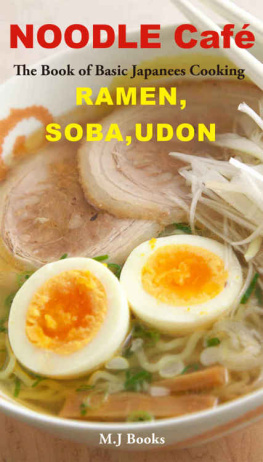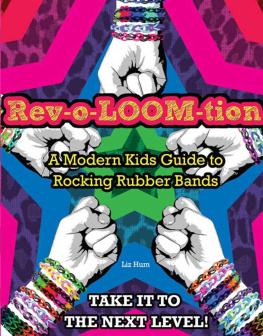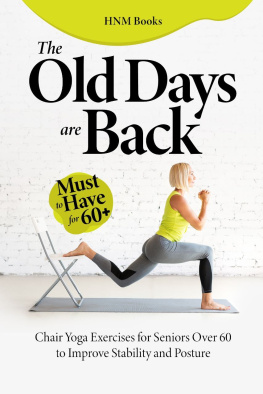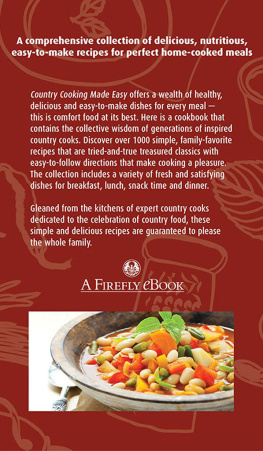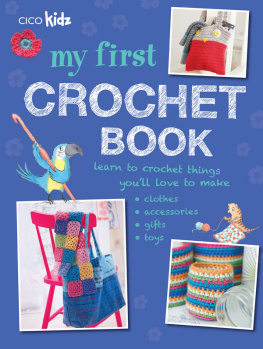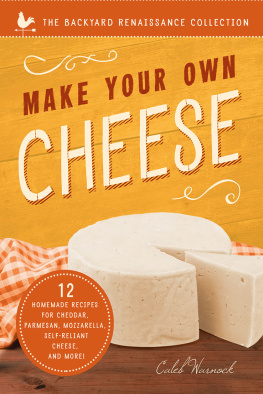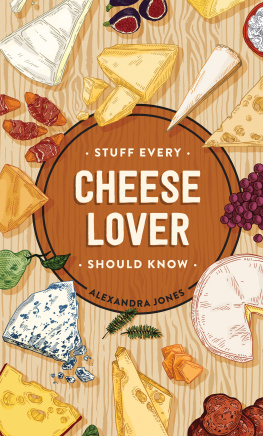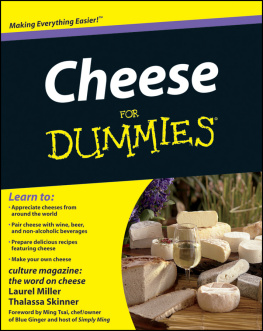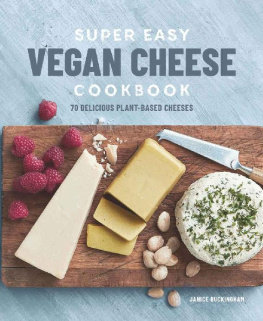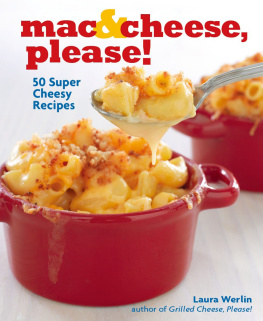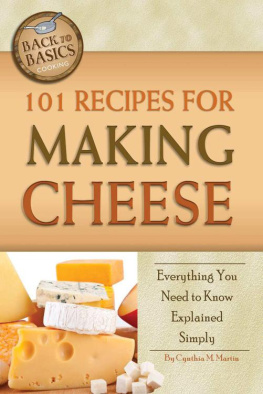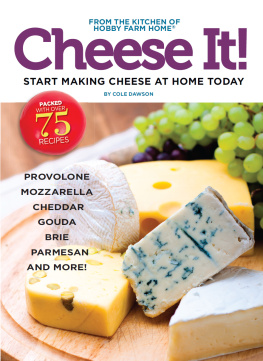Homemade Cheese Recipes: Techniques for Savory, Gourmet Homemade Cheese Recipes
Echo Bay Books
2014
All rights reserved
Published by Echo Bay Books
Table Of Contents
Legal Disclaimer
The information contained herein cannot replace or substitute for the services of trained professionals in any field, including, but not limited to, nutritional matters. Under no circumstances will Echo Bay Books, or any of its representatives or contractors be liable for any damages, including special or consequential damages that result from the use of, or the inability to use, the information, recipes or strategies communicated to these materials or any services provided prior to or following the receipt of these materials, even if advised of the possibility of such damages. Visit your MD before beginning any new diet. You alone are responsible and accountable for your decisions, actions and results in your life, and by your use of these materials, you agree not to attempt to hold us liable for any such decisions, actions or results, at any time, under any circumstance.
CONNECT WITH US ON OUR SPECIAL FACEBOOK PAGE
Come join our Facebook page to be the first to hear when the next book in the Healthy Lifestyle Series is released. On this page, we will also share bonus content for you to enjoy.
It's also a great place to get any questions you have answered as well.
Come join us here on Facebook:
https://www.facebook.com/echobaybooks?fref=ts
Sign up for free ebooks
Echo Bay Books is proud to bring you our latest and greatest eBooks on Amazon. We treat you as a guest, and we treat our guests well. We promise to only send you notifications if it has some goodies attached that we think you will like. We launch our eBooks for free for the first 5 days every time. That means you will be the first to know when new books launch (once per week) - for FREE. No spam, ever. Just follow this link
bit.ly/14t8yUk
to start receiving your free ebooks!
Introduction
When you read the title of this book or even dared typing it in a search bar, theres no way you thought any results would show up, right? After all, how many people could be making their own homemade cheese these days? The answer might surprise you. Homemade cheese is actually quite popular and many people take pride in the fact that they can make their own homemade cheese. Now that the initial shock of that has worn off, consider that homemade cheese can be used not only with cheese and crackers, but for all kind of recipes throughout your day. Sandwiches, salads, dinner recipes, snacks, and even desserts can use different cheeses as a main or complementary flavor.
So what is cheese exactly? Cheese is a dairy food that comes from the pressing and processing of the fats found in milk. There are hundreds of different kinds of cheeses from around the world, and the way theyre created is through the different types of milk and other ingredients used to make the cheese, as well as the numerous types of processing that these ingredients go through. This results in cheese that tastes different, looks different, and feels different. In fact, theres a culture around cheese (not the biological kind, the social kind) that is centered on the qualities and tastes of different cheese. Its kind of like wine tasting but with crazier tastes. To get the ideal cheese taste, cheese connoisseurs suggest keeping cheese in a fridge until ready to serve, at which point you should allow it to warm up to room temperature.
A Brief History
No one knows exactly where cheese was first processed and used, but there is evidence dating back thousands of years of possible cheese creation which leads us to believe that cheese was probably eaten in some parts of the world soon after the transition of the human species from hunters-gatherers to farmers. With farming came the milk of different animals so its only natural to assume that cheese was created soon after that. Thus began the road to todays state of having enough varieties of cheese to stock a fridge with.
As for the current trend of homemade foods, its been a long time coming. Years and years of adding preservatives to foods from big brand companies has resulted in a consumer backlash over what is put into foods. The trend towards healthy foods has led to less people eating foods from fast food restaurants and packaged foods. These two factors have pushed consumers to also ditch processed foods as a whole and to switch to the most natural options available. Those who havent switched their eating habits tend to believe that making a switch will reduce quality or somehow be more difficult on their wallet. In practice, that is rarely the case since for every grocery item youre thinking might be difficult to cut out processing or go natural, theres an option. Milk has less processed brands, bread can be made at home, fruits and vegetables can be organic, meat can be grass-fed, and cheese can be homemade. Health conscious companies have started popping up in places where big brand companies cant afford to explore, which makes it easier for you to buy all natural products and ingredients to make your cheese out of. Sure, there might be no extra preservatives in the ingredients you buy, but now lets see how homemade cheese can actually benefit your health in other ways.
Health Benefits
There are many benefits to making your own cheese. Besides being a hobby that you can eat and that genuinely tastes good, theres several health benefits involved as well.
When buying cheese at the store, its hard to find cheese that doesnt have all sorts of different ingredients that youd never recognize even with a dictionary. The amount of preservatives and flavor enhancers that go into food these days is mind-bending, not to mention all the processing that these cheeses go through. If you make your own homemade cheese, you know exactly whats going into your food and dont need to worry about ingredients that could make your block of cheese radiation resistant.
Another benefit of cheese is that when you make your cheese, you can keep your family members eating at home more often. Cheeses like Gouda and Parmesan are often associated with foods that youd eat at restaurants, and by making these cheeses at home, you can make restaurant style foods that can contain less oils, less unhealthy fats, and less unhealthy ingredients in general. By decreasing the unhealthy ingredients that enter your body, youre reducing the chances of developing a whole cornucopia of diseases.
A benefit thats not health related but can still benefit you is the hobbyist culture around cheese. Cheese is almost considered the solid version of wine, with different ingredients, maturing age, and place of origin having a strong effect on the taste that the cheese has. Theres a reason people have wine and cheese parties; the strong taste of each one combined with the knowledge that goes behind each type of wine or cheese is a point of pride among connoisseurs. The amount of time that goes into certain cheeses is also something that experts love to make a point of, with some cheeses taking 9 months or more to mature properly. Making cheese is definitely not a short-term hobby, since if you plan on making cheese for your family, youll need to be making wheels at a time and planning on eating them days, weeks, or months later.
These benefits are all on top of the regular benefits of eating cheese, such as the high amount of calcium (which helps build strong teeth and bones and prevents osteoporosis), a good source of fat content of gaining weight, and helps slow down digestion of foods such as carbohydrates which regulates your blood sugar level.
Cautions around making homemade cheese


